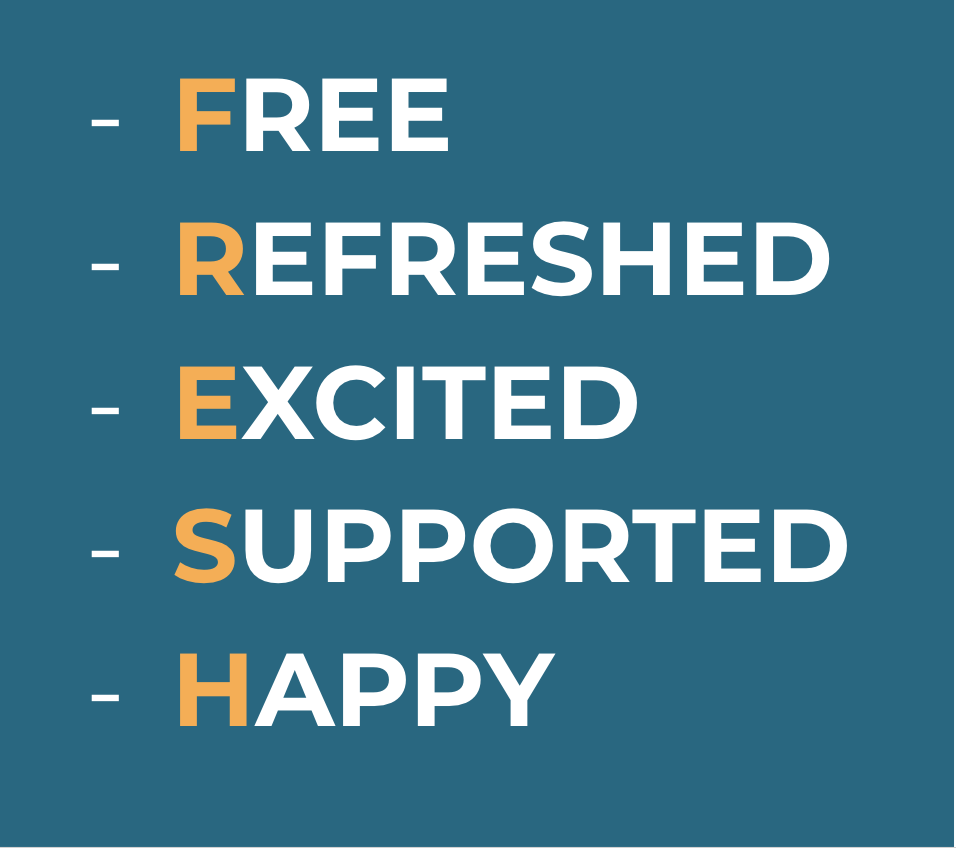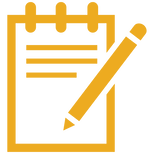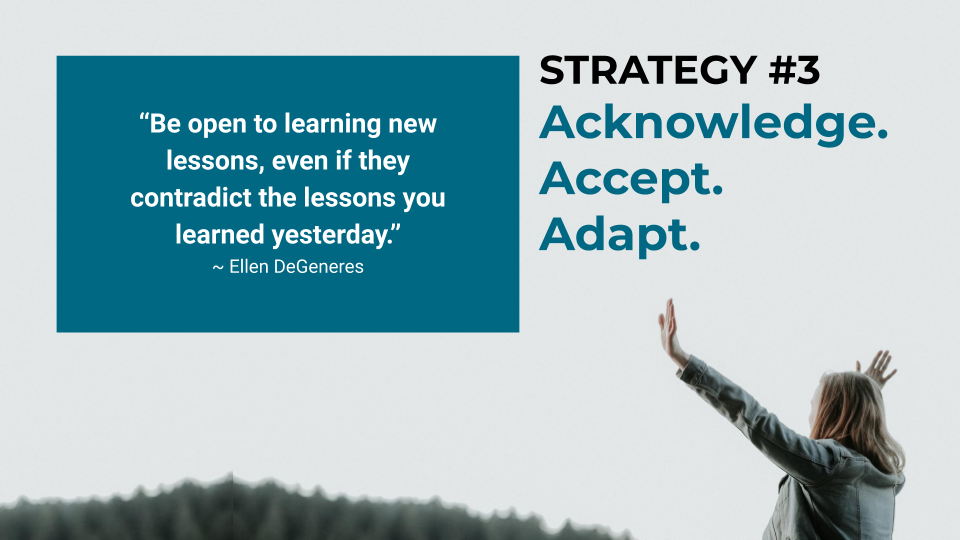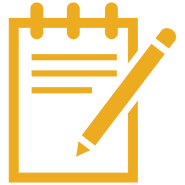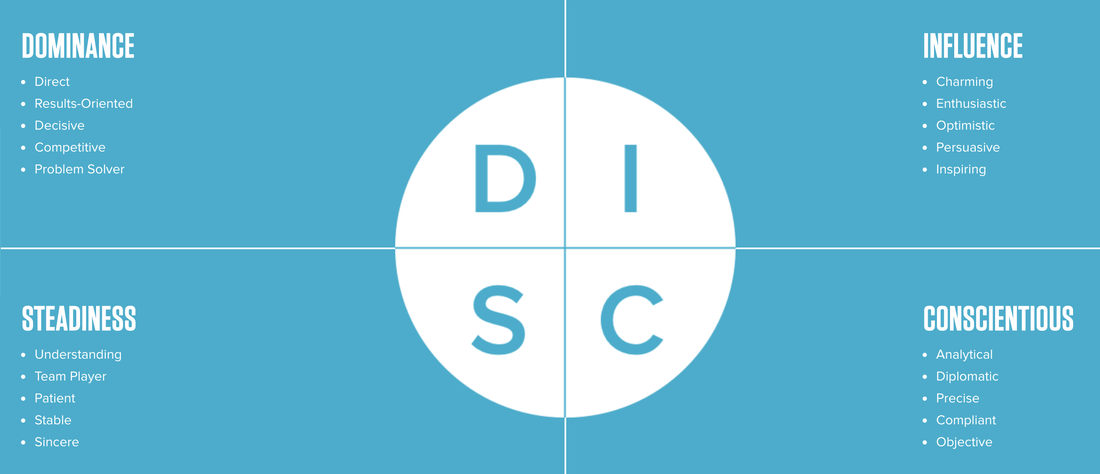ADVANCED ON PURPOSEAn educational blog with purposeful content. We welcome open and polite dialogue, and expect any comments you leave to be respectful. Thanks! Archives
May 2023
Categories
All
|
Back to Blog
Defining Your Strengths as a Leader10/28/2019 4 MIN READ 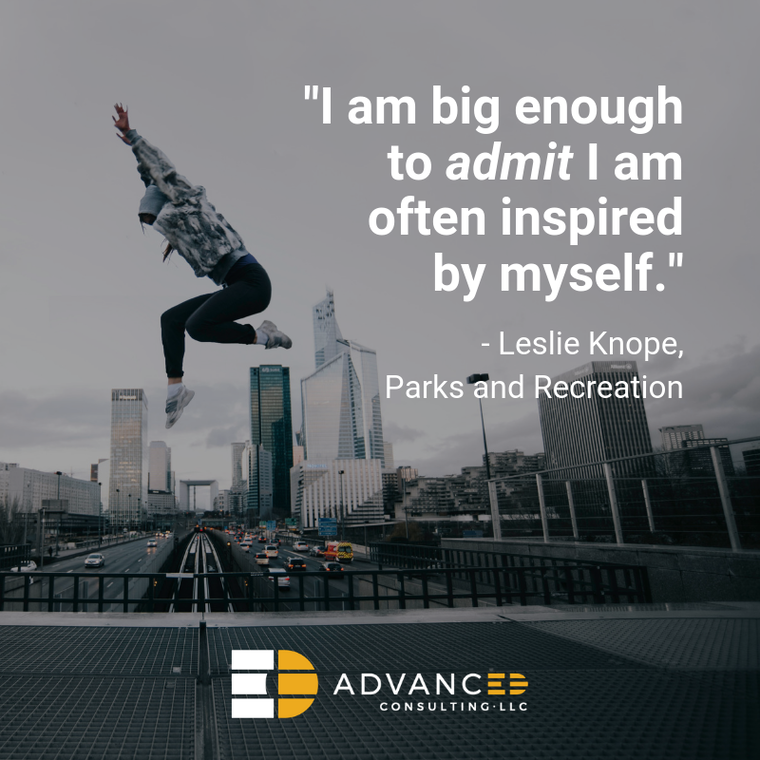 This article is the 1st in a series on "Breaking Knowledge Barriers". This article is the 1st in a series on "Defining Your Strengths as a Leader" I have read my fair share of what some might term “self-help” books. I like to think of them as “self-awaken” books. The “help” part in “self-help” alludes to something being broken that needs fixing. What I appreciate about the books I’ve read since I was little, as well as today, is that self-awaken books point to the strengths, potential, and inner wisdom deep inside of us, already alive and ready, yet often untapped and tucked away hidden from sight. This wisdom manifests as skills and intuition, and I’m keen on developing my ability to tap this wisdom. Self-evaluation is critical for me as a leader, as a manager of teams and projects, and as a woman of color. The Center for Creative Leadership reminds us in their report 7 Emerging Trends for Transformative Leaders that some managers may struggle with interpersonal relationships, affecting their ability to build and lead teams or adapt to change, which can lead to career derailment. To avoid this, “organizations must design programs that develop [managers’] self-awareness, political savviness, communication skills, and ability to influence others...skills that are essential to effectively heading a team.”
As a professional, whether you are an employee of a company or an entrepreneur, understanding your strengths and skill sets is key to building the confidence, resourcefulness, and grit to adapt to any situation. As human beings who have way more going on than just our jobs, you can bet that your personal, educational, emotional, societal, cultural, economical, and religious identities are often at play when you negotiate professional situations. Most of us do not know how these identities manifest themselves in our decisions, risk tolerance, and self-reliance. Most of us have comrades and loved ones we can turn to for advice and feedback, but our hearing is often screening and interpreting with the bias of that relationship and all of its power dynamics. So why take a personality assessment? Because we often don’t know the questions to ask. And even if we did, would we really answer honestly, free of unconscious bias, shame, guilt, regret, or fear? Define Your Strengths as a Leader Activity Take out a pad of post-its, ideally in two different colors (e.g. green and yellow). Find a blank wall or space where you can lay out two sets of post-its and set aside a total of one hour.
We know from the Council of National Psychological Associations for the Advancement of Ethnic Minority Interests “Test bias is a primary issue of selecting and using testing and assessment instruments with racial/ethnic minority groups. Past research has shown that tests can produce misleading results with culturally different groups in terms of slope and intercept (or unfairness) bias.” Thus, if you are a person of color, you will need an assessment that will address and consider this intersection of your identity, as well as many others, if you are to feel good about doing anything at all with the results. I’d like to give you a review of a few assessments because, 1) I have taken them in more than one sitting or format, and 2) I have heard from and worked with others who have taken one or a combination of assessments as part of developing themselves professionally at work. I have written a separate blog post for each assessment in this "Defining Your Strengths as a Leader" series. Click here to go to Assessment #1 on DiSC. Related articles
About Author: Meredith "Mer" CurryMer has always had a passion for education and helping historically underrepresented groups achieve access and success to higher opportunities. She has consulted nonprofits, educational institutions, and businesses in addition to her volunteerism and mentorship of students.
Learn more about Mer at www.meredithcurry.com.
0 Comments
Read More
Back to Blog
4 MIN READ This article is the 5th and final one in a series. Read the introduction article: "Breaking Knowledge Barriers Series: Womxn of Color in the Workplace." If you Acknowledge who you are, Accept the strengths and challenges in front of you, and develop a risk tolerance to Adapt to situations as they come, you’re in a pretty good place. But let’s go back to the first question that I had to ask myself - What Can I Give Up? This is why I say, Finish Strong. Finish whatever is holding you back with strength. This might be just what you need to move forward on something else. Be intentional about finishing whatever it is, and focus on ending it with a lesson to validate the effort.
spreadsheets and trade them in for Quickbooks Self-Employed or something:
Once you know the owner, size, and the priority of this project you want to START, you can rumble with vulnerability as the great Brené Brown advises in Dare to Lead. You can let go of the need for this project to look and feel a certain way if you’re going to delegate it. You can let go of the anxiety of thinking about it right now if you know it’s not going to come up again for several weeks. I bet you will also realize that you have mad delegation and prioritization skills as well! Lastly, Back Yourself Up by building a strong bench of people that you can rely on to support you. If you can set up a formal advisory or committee, awesome. If you can find a mentor, wonderful. If you can join a community like a local commission or network like the Women’s Networking Alliance or the Asian Pacific American Leadership Institute, way to step it up! The most important part is getting positive reinforcement and honest guidance from outside of yourself, while also building your inner monologue of positive vibes and affirmations. And whenever possible, build a diverse bench. It should have people that look like you and people that don’t look like you. It should have people that will agree with you on some things and people who will disagree with you on some things. Stack your bench with people who will look out for your best interest, which is not the same as Yes-people.
You now have all of the strategies you need to begin to tackle any knowledge barriers or general challenges you may have face as a woman in business, education, law, medicine, etc. You already have the will and the grit to move forward; you only need to take the first step. Know that I believe in you and that I am taking those steps with you. Sincerely, Mer Related articles
About Author: Meredith "Mer" CurryMer has always had a passion for education and helping historically underrepresented groups achieve access and success to higher opportunities. She has consulted nonprofits, educational institutions, and businesses in addition to her volunteerism and mentorship of students.
Learn more about Mer at www.meredithcurry.com.
Back to Blog
3 MIN 30 SEC READ This article is the 4th in a series. Read the introduction article: "Breaking Knowledge Barriers Series: Womxn of Color in the Workplace." How many of us are still making decisions today because of something that happened a month ago? A failure a year ago? A mistake or misjudgment a relationship ago? Instead, I recommend, “Be open to learning new lessons, even if they contradict the lessons you learned yesterday.” Our intersections, our identities, are chock full of lessons we learned yesterday that we are still holding onto. They might be holding us back and we may mistakenly think they’re pushing us forward. ACKNOWLEDGE who you are, how your identities intersect and play out in your everyday. How your heritage/history, education, geography, and income all impact the access you have to the knowledge you seek today. You acknowledge that the path behind you and in front of you is rife with challenges and misjudgment and misunderstanding. So who are YOU today, and what strengths and skills do you have in your toolbox to move forward from this moment?
That is to ask yourself what are you GOOD at, what are your strengths, and how does that play out in your life. Conversely, what does it look like when you are not applying those strengths in your life, and how do they manifest as fears or you getting in your own way or your unhappiness? ADAPT by starting from a place of strength in the knowledge of who you are and gratitude for all that you have ACHIEVED to get to this moment, rather than shame or regret. There’s a TED Talk on the 5 Top Indicators for Startup Success by Bill Gross with Idealab, and chief of them is Timing, followed by Team, Idea, Business Model, and Funding. What this tells us is that Timing is the largest factor in the success of any business, so it behooves you to always be present, open-minded, and have a fresh perspective and confidence to tackle whatever comes, when it decides to come, because we have very little control over timing. RECALL YOUR STRENGTHS and let them nourish and remind you that you can do it, whatever IT is, when the time comes. Now it's time for you to finish strong and start fresh, and we teach you how to do this with our final strategy. Click here to go to Strategy #4. Related articles
About Author: Meredith "Mer" CurryMer has always had a passion for education and helping historically underrepresented groups achieve access and success to higher opportunities. She has consulted nonprofits, educational institutions, and businesses in addition to her volunteerism and mentorship of students.
Learn more about Mer at www.meredithcurry.com. |
Photo from CityofStPete

 RSS Feed
RSS Feed


